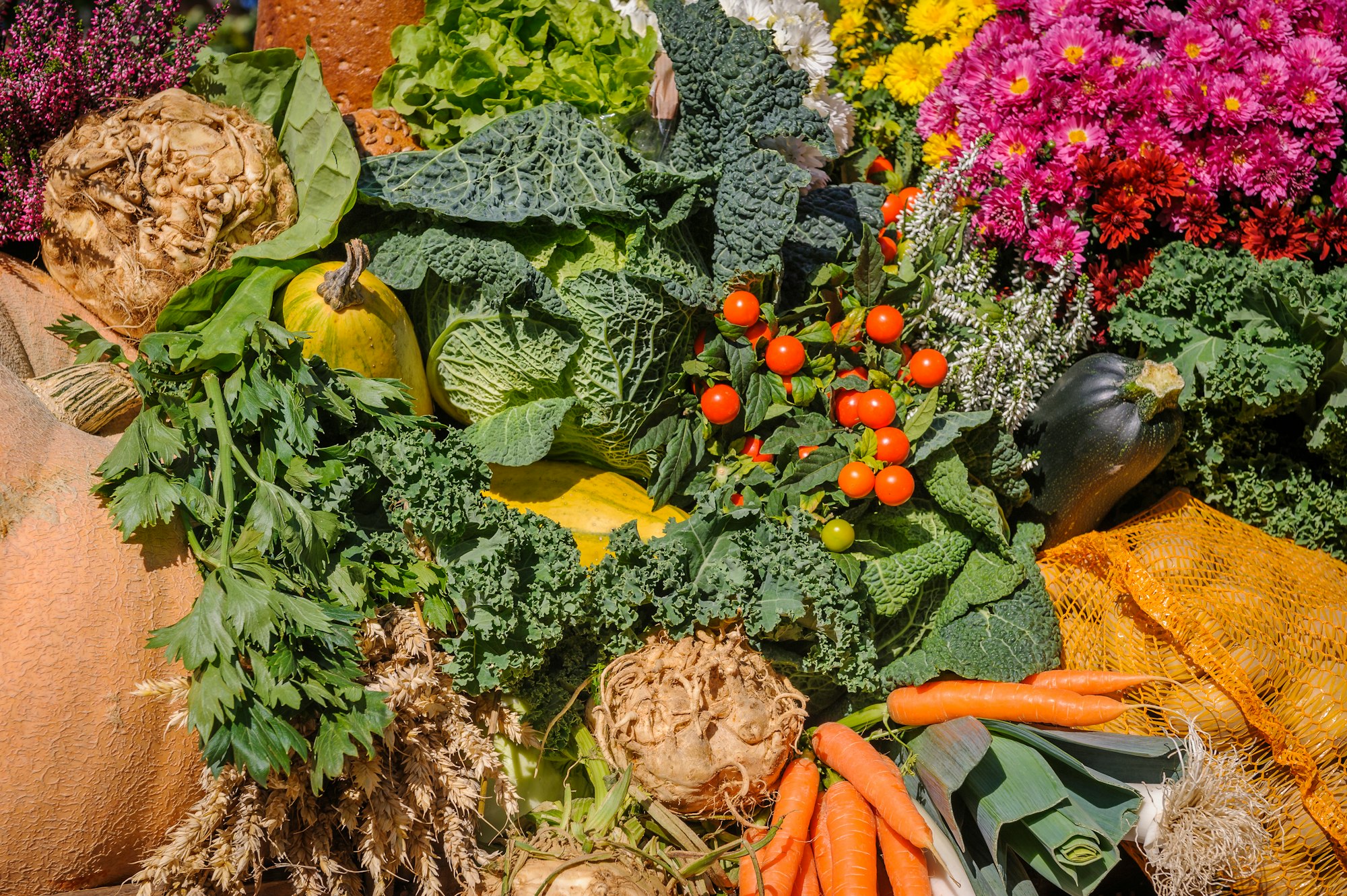Unlock the Power of Polyphenols in a Low-FODMAP Diet
Imagine a small army of compounds, sourced directly from nature, and programmed to help you fend off inflammation, oxidative stress, and even reduce the risk of cancer. These mighty soldiers, known as polyphenols, are found in a variety of foods, and their power can significantly contribute to our overall health and well-being [1, 2]. But when you're navigating dietary restrictions, like those on a low-FODMAP diet, how can you ensure these polyphenols remain on your plate?
Understanding FODMAPs and Their Impact on Dietary Choices
FODMAPs, or Fermentable Oligo-, Di-, Mono-saccharides, and Polyols, are short-chain carbohydrates found in various foods. They have a reputation for causing digestive discomfort in sensitive individuals, especially those with conditions like Irritable Bowel Syndrome (IBS) [3].
Because these compounds can lead to gas and bloating when fermented by gut bacteria, some people turn to the low-FODMAP diet. The diet involves three phases, with phase 3 necessitating a long-term reduction of trigger foods, which, interestingly, can include foods rich in polyphenols [4].
People may find limiting FODMAPs is a way to relieve gas before bed, control bloating or to manage diarrhea or constipation, but it's important to follow the diet with appropriate support. Excessive restriction can have negative health consequences.
The Mighty Polyphenols: Types and Health Benefits
Polyphenols are fascinating, especially when you look at their various types. From resveratrol in grapes to flavonoids in kale and lignans in certain nuts and seeds, these micronutrients bring a wealth of health benefits, such as anti-inflammatory, antioxidant, and anti-carcinogenic properties [2].
However, foods like blackberries, apples, and artichokes that are high in polyphenols, are also high in FODMAPs. So, if you're avoiding FODMAPs, does it mean you're also avoiding polyphenols?

Finding Low-FODMAP Foods Rich in Polyphenols
Happily, the answer is: not necessarily. The world of low-FODMAP foods isn't just about what you can't eat; it's also a discovery of what you can. You'll find an array of delicious and nutritious options that are both low in FODMAPs and high in polyphenols.
Nature's Bounty - Low-FODMAP, High-Polyphenol Foods
- Blueberries
- Strawberries
- Grapes
- Kale
- Spinach
- Carrots
- Bell Peppers
- Nuts, Grains, Herbs, and Spices
- Dark Chocolate (in moderation)
- Green Tea
Maximizing Your Polyphenol Intake
Now, knowing where to find polyphenols is just part of the story. It's also essential to understand how to get the most out of them. For example, did you know that cooked carrots can release more polyphenols? [5] Or that you should avoid over-boiling to prevent the leaching of these precious compounds? [5] And don't be too quick to peel the skin off fruits and vegetables. If tolerated, it's a significant source of polyphenols [5].
Seek Professional Guidance
Working with a registered dietitian or nutritionist can be an excellent way to develop a personalized dietary plan. They can help guide you through the maze of FODMAPs and polyphenols, ensuring that your diet meets your nutritional needs without compromising digestive comfort.
Embracing the Journey of Eating
In conclusion, while the path to a low-FODMAP, polyphenol-rich diet may seem challenging, it is possible. It's a journey of discovery, tasting, and experimenting. Digestive enzymes for bloating and gas will help you better tolerate broccoli, garlic, onion and many other nutrient-rich high FODMAP foods. Remember, just like any good story, the journey of eating is not about what you can't have, but about the incredible foods you can.
References
1. Pandey, K. B., & Rizvi, S. I. (2009). Plant polyphenols as dietary antioxidants in human health and disease. Oxidative Medicine and Cellular Longevity, 2(5), 270-278. https://doi.org/10.4161/oxim.2.5.9498
2. Del Rio, D., Rodriguez-Mateos, A., Spencer, J. P., Tognolini, M., Borges, G., & Crozier, A. (2013). Dietary (poly)phenolics in human health: structures, bioavailability, and evidence of protective effects against chronic diseases. Antioxidants & Redox Signaling, 18(14), 1818-1892. https://doi.org/10.1089/ars.2012.4581
3. Gibson, P. R., & Shepherd, S. J. (2010). Evidence-based dietary management of functional gastrointestinal symptoms: The FODMAP approach. Journal of Gastroenterology and Hepatology, 25(2), 252-258. https://onlinelibrary.wiley.com/doi/full/10.1111/j.1440-1746.2009.06149.x
4. Hill, P., Muir, J. G., & Gibson, P. R. (2017). Controversies and recent developments of the low-FODMAP diet. Gastroenterology & hepatology, 13(1), 36. https://www.ncbi.nlm.nih.gov/pmc/articles/PMC5390324/
5. Nicoli, M. C., Anese, M., & Parpinel, M. (1999). Influence of processing on the antioxidant properties of fruit and vegetables. Trends in food science & technology, 10(3), 94-100. https://doi.org/10.1016/S0924-2244(99)00023-0
